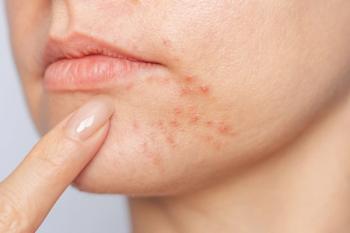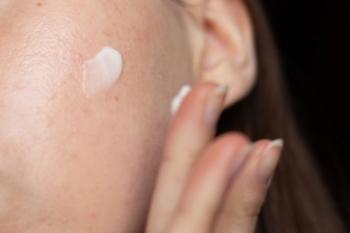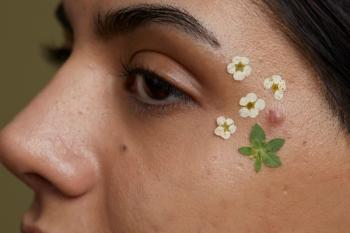
A Deep Dive on Instagram Based Acne Content
A study in the Journal of the American Academy of Dermatology investigated Instagram’s content on acne and its quality.
An article in the
The authors looked for the “top” Instagram posts by searching through the tag #acne. From there, the posts were analyzed based on the source and content it contained. If a post was not in English, was a duplicate, or was unrelated it was excluded. Overall, 900 posts were assessed and 439 were included in the data set.
There were 258 posts generated by influencers, 97 were created by retailers, and nondermatologist providers posted 67 of them. Dermatologists were responsible for 17 posts, accounting for less than 4% of the included content in the top Instagram posts.
There were 124 separate ingredients were mentioned as potential acne treatments. The ingredients with the most mentions were:
- beta-hydroxy acids (eg, salicylic acid)
- alpha-hydroxy acids (eg, glycolic acid)
- vitamin C
- niacinamide
- SPF
Of the 439 posts, 254 recommended at least 1 specific intervention, and among these posts only 11% referenced a treatment with grade A evidence based on American Academy of Dermatology guidelines, according to the article.
“By its nature, Instagram is a social media platform with constantly evolving content and this study is limited as it represents only a snapshot in time,” the authors wrote. “Regardless, it is clear that there is a vast amount of content readily available to patients on this platform.”
The authors further explained that the content is heterogeneous in its messaging and quality and there is a need for dermatologists to promote high-quality evidence-based treatments for acne on Instagram.
Reference:
1. Ward SC, Rojek NW. 25513 Insta-sham?: A snapshot of Instagram-based acne content. Journal of the American Academy of Dermatology. 2021;85(3):AB7. doi:10.1016/j.jaad.2021.06.054
Newsletter
Like what you’re reading? Subscribe to Dermatology Times for weekly updates on therapies, innovations, and real-world practice tips.











